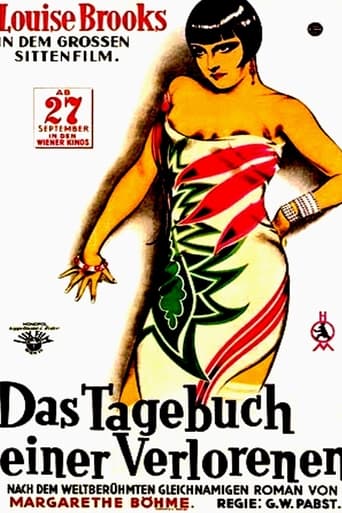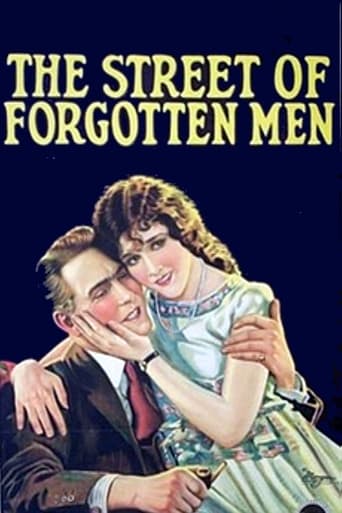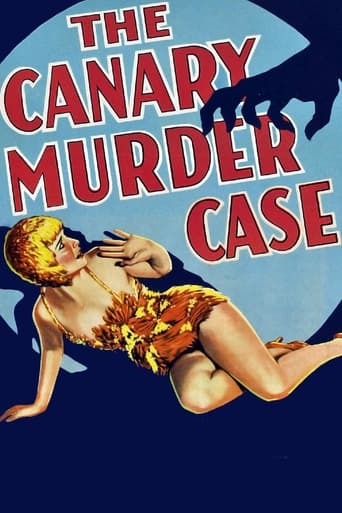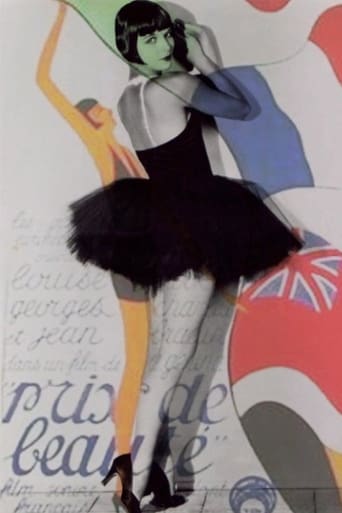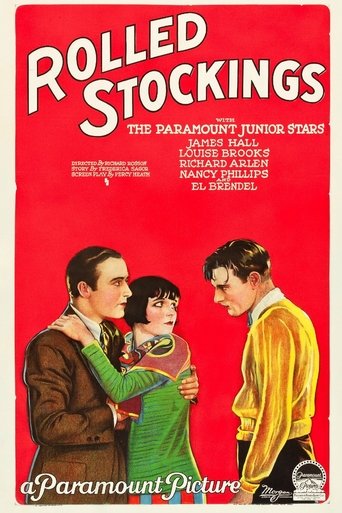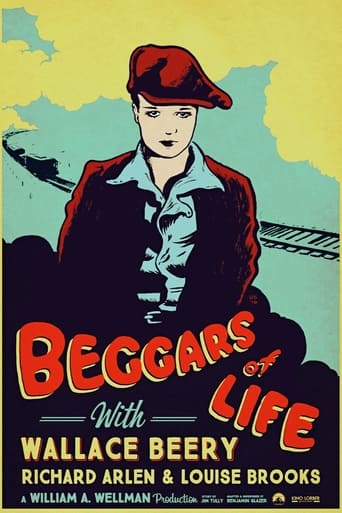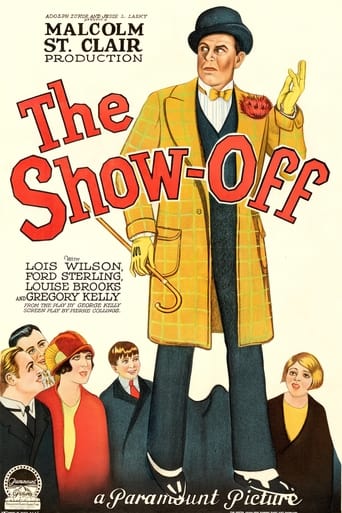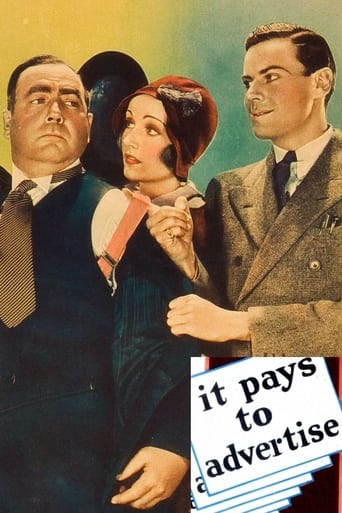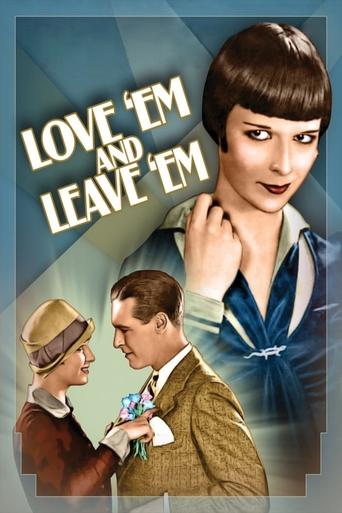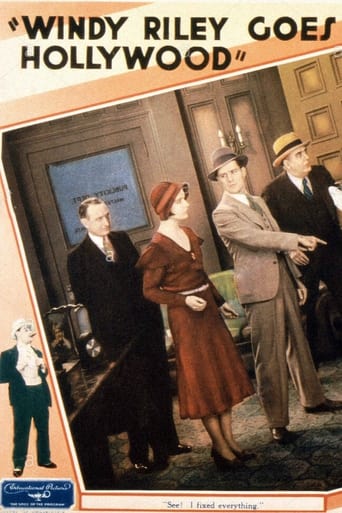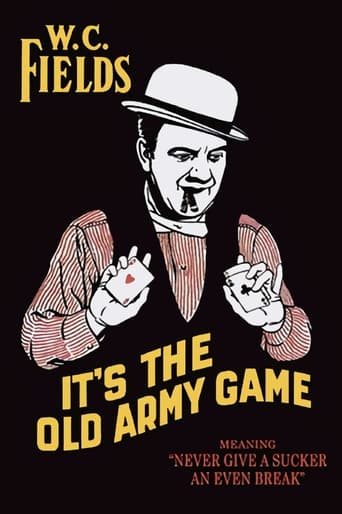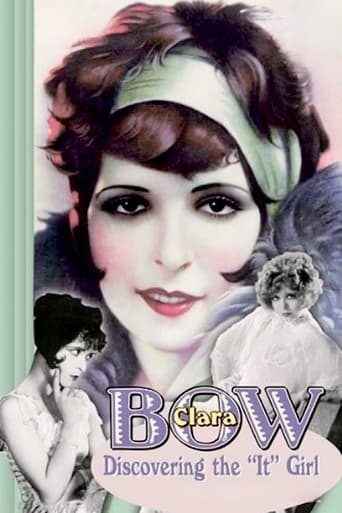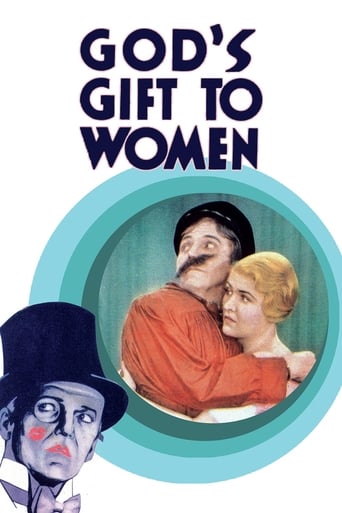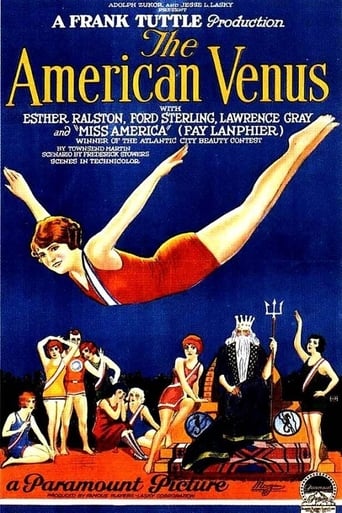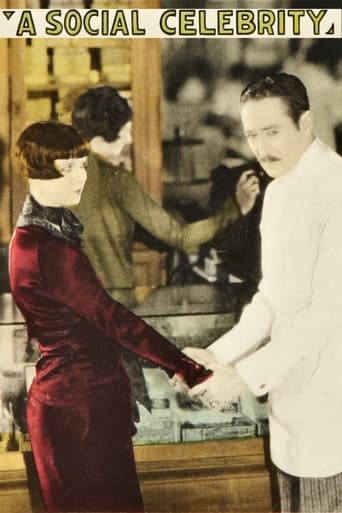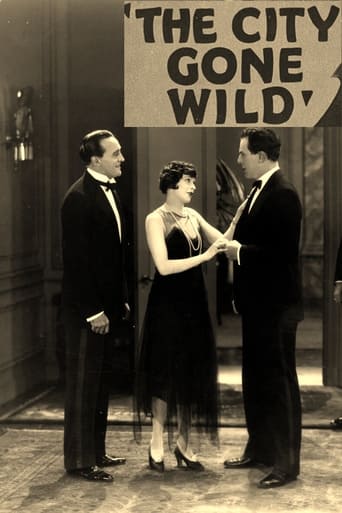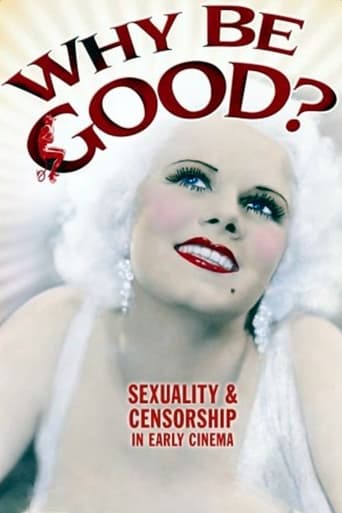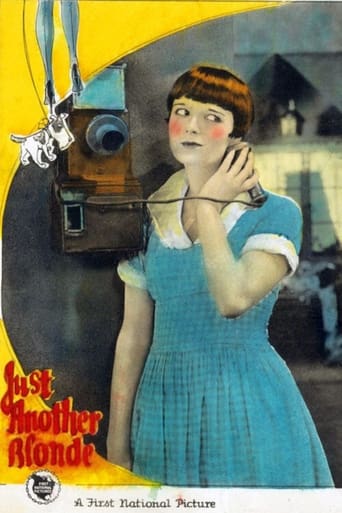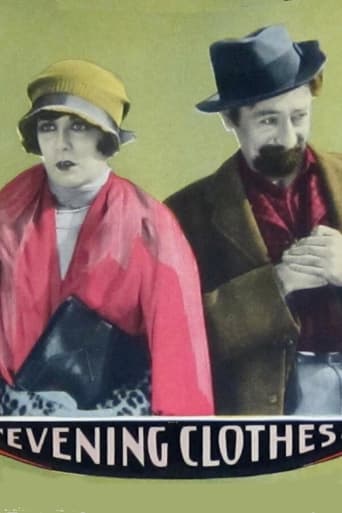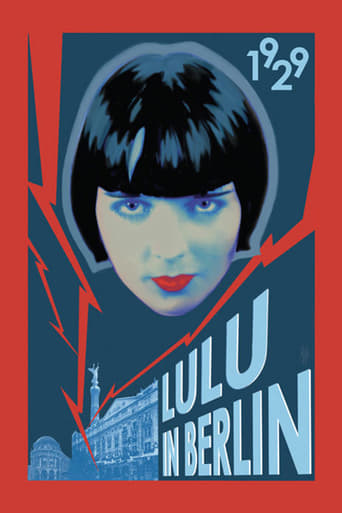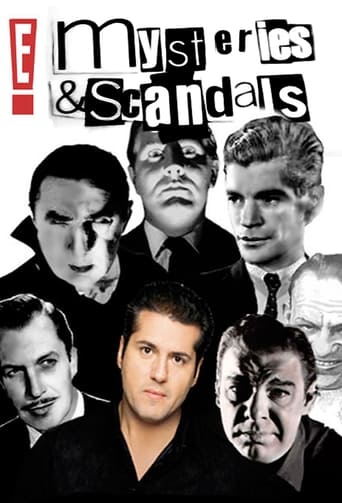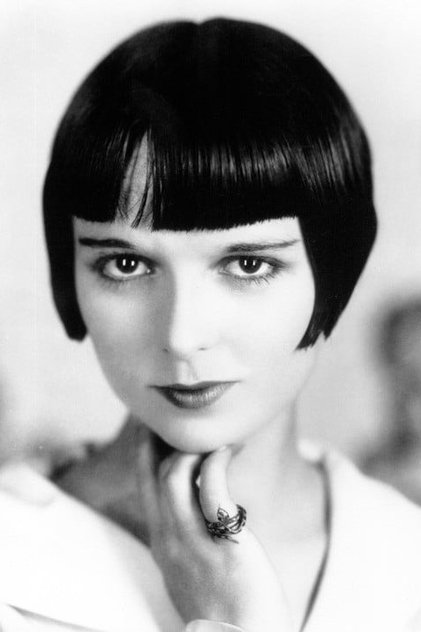
Louise Brooks
Mary Louise Brooks (November 14, 1906 – August 8, 1985) was an American film actress and dancer during the 1920s and 1930s. She is regarded today as an icon of the Jazz Age and flapper culture, in part due to the bob hairstyle that she helped popularize during the prime of her career. Brooks began her career as a dancer. While dancing in the Ziegfeld Follies in New York City, she came to the attention of Walter Wanger, a producer at Paramount Pictures, and was signed to a five-year contract with the studio. She appeared in supporting roles in various Paramount films before taking the heroine's role in Beggars of Life (1928). Dissatisfied with her mediocre roles in Hollywood films, Brooks went to Germany in 1929 and starred in three feature films that launched her to international stardom: Pandora's Box (1929), Diary of a Lost Girl (1929), and Miss Europe (1930); the first two were directed by G. W. Pabst. By 1938, she had starred in seventeen silent films and eight sound films. After retiring from acting, she fell upon financial hardship and became a paid escort. For the next two decades, she struggled with alcoholism and suicidal tendencies. Following the rediscovery of her films by cinephiles in the 1950s, a reclusive Brooks began writing articles about her film career; her insightful essays drew considerable acclaim. She published her memoir, Lulu in Hollywood, in 1982. Three years later, she died of a heart attack at age 78. [preceding biography, edited, from Wikipedia]
- Npe: Louise Brooks
- Cov Nrov: 9.568
- Paub Txog: Acting
- Hnub yug: 1906-11-14
- Qhov chaw yug: Cherryvale, Kansas, USA
- Homepage:
- Kuj Paub Li: Mary Louise Brooks


